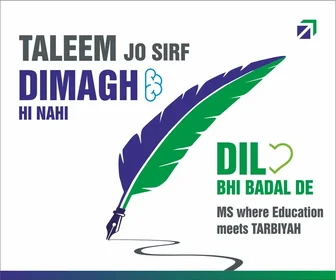
Bengaluru: Karnataka Deputy Chief Minister D K Shivakumar made a passionate appeal to the Tamil Nadu government on Tuesday, July 16, to cooperate with the implementation of the Mekedatu project across the river Cauvery, which, he said, would be more beneficial to the neighboring state.
He also expressed hope about “problems in releasing water to Tamil Nadu to get sorted out, if God permits” and the rains continuing in the Cauvery catchment areas of Karnataka.
“One thing I would like to appeal to is Tamil Nadu, for your interest and our interest. More than our interest, it is your interest; this Mekedatu reservoir, you just permit us; whatever storage we will do, we will give you that water; we can’t take back that water,” Shivakumar said.
Speaking to reporters here, he said: “It is my humble appeal on behalf of the people of Karnataka, where all sections—Tamilians, Kannadigas, Andhraites, and people from North India—are there. It is for Bengaluru for drinking water, and it is for you (Tamil Nadu). Please permit us to make Makedatu; don’t object; we will cooperate in whatever way we can.”
Mekedatu is a multi-purpose (drinking water and power) project proposed by Karnataka, which involves building a balancing reservoir near Kanakapura in Ramanagara district.
Tamil Nadu has been opposing the project, raising apprehensions that the state would be affected if the project takes shape.
The project, once completed, is aimed at ensuring drinking water to Bengaluru and neighboring areas (4.75 tmcft); it can also generate 400 MW of power, and the estimated cost of the project is Rs 9,000 crore (2019 rates), according to Karnataka officials.
A separate project division and two sub-divisions have already been set up to implement the ambitious ‘Mekedatu Balancing Reservoir and Drinking Water Project of Cauvery River Valley’, Chief Minister Siddaramaiah said, presenting the state budget in February.
“A survey to identify land that will be submerged under this project and the counting process of trees have already been initiated,” he said, adding that “action will be taken on priority to commence the work early after obtaining the remaining necessary clearances from the competent authorities.”
Responding to a question regarding Tamil Nadu holding an all-party meeting about getting Cauvery water for the state from Karnataka, Shivakumar said: “Tamil Nadu has every right to meet as we met; we don’t object to their meeting; I don’t want to comment on that.”
He said: “At the same time as yesterday, I’m getting good inflow—more than 50,000 cusecs inflow in the Cauvery region—and whatever is there, we are allowing the water to go out of Harangi (dam). I think more than 20,000 cusecs were going out of Harangi and other places. If gods permit us, all our problems will be sorted out.”
Asked if his government will honor the directive of the Cauvery Water Regulation Committee (CWRC) to release one tmcft of Cauvery water to Tamil Nadu if rains continue at this rate, Shivakumar said: “Of course, of course, we have to release; we will. Whatever the inflow is, we are not holding it; we are leaving it to Mettur (in Tamil Nadu).”
Siddaramaiah, after an all-party meeting on Sunday, said the government was ready to release 8,000 cusecs of water from the Cauvery River every day to Tamil Nadu instead of one tmcft (11,500 cusecs).
The storage in the four reservoirs in the Cauvery basin stood at 63 percent of the total capacity, and, in this situation, the state was not in a position to release one tmcft of water every day, the Chief Minister had said.

